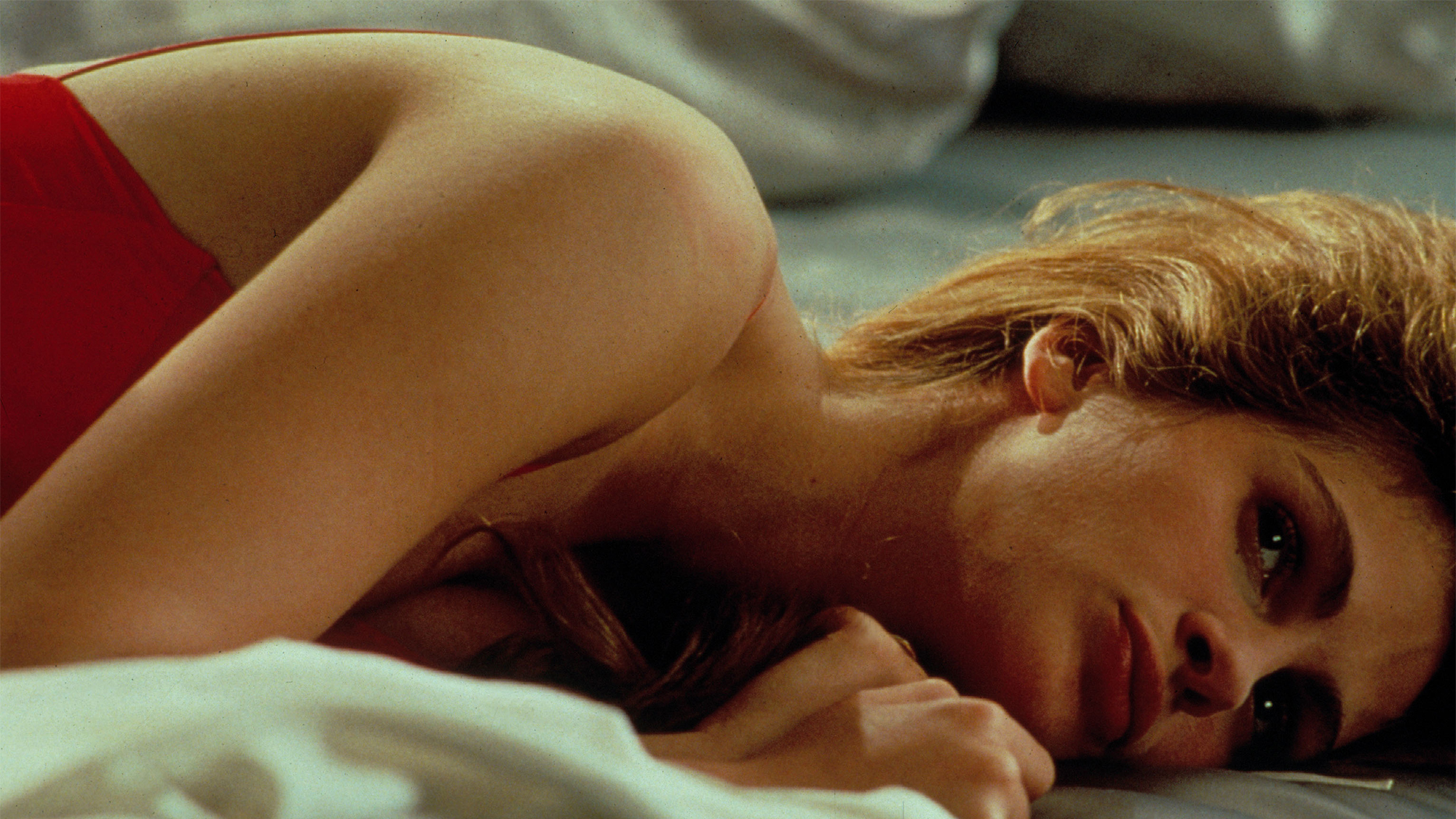How sleep anxiety could be seriously affecting your health
Does this sound like you?

Celebrity news, beauty, fashion advice, and fascinating features, delivered straight to your inbox!
You are now subscribed
Your newsletter sign-up was successful
Does this sound like you?
Words by Jadie Troy-Pryde
If you're having trouble sleeping and you've tried everything from sleep masks to the latest sleep app, it could be time to consider how likely it is that you're suffering from a serious sleep condition.
Many of the common sleep-related disorders, such as sleep apnea or sleep paralysis which play havoc with our sleep patterns, can have such a serious impact on our health and day-to-day life but it often takes us a while to connect the dots.
But if you're having trouble getting to sleep, and then panicking about the fact you're not sleeping - that's sleep anxiety.
Here's everything you need to know about the condition, how it affects those suffering from it and how it can be treated.
What is sleep anxiety?
For most of us, going to sleep doesn't cause any anxiety. Yes, there are often many stressful situations unfolding in our lives that can cause anxiety and we toss and turn mulling over them in our heads, but we're anxious about those specific issues - not about the fact that we can't sleep. However, this can soon turn into sleep anxiety - the more you worry about not being able to sleep, the less you can.
Celebrity news, beauty, fashion advice, and fascinating features, delivered straight to your inbox!
What begins as anxiety while trying to fall asleep soon becomes a vicious cycle of being anxious about the fact that you won't fall asleep, therefore keeping you awake.
This can then lead to insomnia. The body then goes into 'flight or fight' mode, pumping adrenaline and cortisol around the body meaning that you might find yourself buzzing but absolutely exhausted at the same time. This is insomnia as a bodily reaction to sleep anxiety. However, insomnia can also come first and cause anxiety later.
What are the most common sleep anxiety symptoms?
Although it commonly starts as a fear of not sleeping, sometimes sleep anxiety can be brought on by chronic nightmares or a fear that you might stop breathing once asleep. But a common symptom of sleep anxiety is lack of sleep (pretty obvious), fatigue/not feeling rested after sleep, depression, lack of concentration and irritability.
How to stop sleep anxiety
Many professionals suggest trying to rewire the way you think about sleep anxiety. The more you think about how you're feeling, and allow yourself to feel things, the less of a hold it will have on you.
The Sleep School suggests the following: 'Welcoming our unwelcome thoughts and emotions can be as simple as describing what's showing up in your mind and body such as, 'I have the thought that... if I don't sleep I won't be able to cope tomorrow,' or: 'I can feel anxiety in my stomach right now.'
'Paradoxically, when you are willing to experience them, the power they have over you lessons allowing natural sleep to emerge.'
Is there a successful sleep anxiety treatment?
It is recommended that you follow good sleep hygiene if you want to rid yourself of sleep anxiety, which could include going to bed and waking up at the same time, avoiding food and drink in the hours leading up to bedtime, and keeping your bedroom cool and dark.
Your GP may also suggest cognitive behavioural therapy.
Should I take sleep anxiety medication?
You could consider taking sleeping pills to help you relax and get to sleep as a short-term solution, however it is important that you address the issue causing the sleep anxiety and insomnia so that you can beat the condition.
The leading destination for fashion, beauty, shopping and finger-on-the-pulse views on the latest issues. Marie Claire's travel content helps you delight in discovering new destinations around the globe, offering a unique – and sometimes unchartered – travel experience. From new hotel openings to the destinations tipped to take over our travel calendars, this iconic name has it covered.